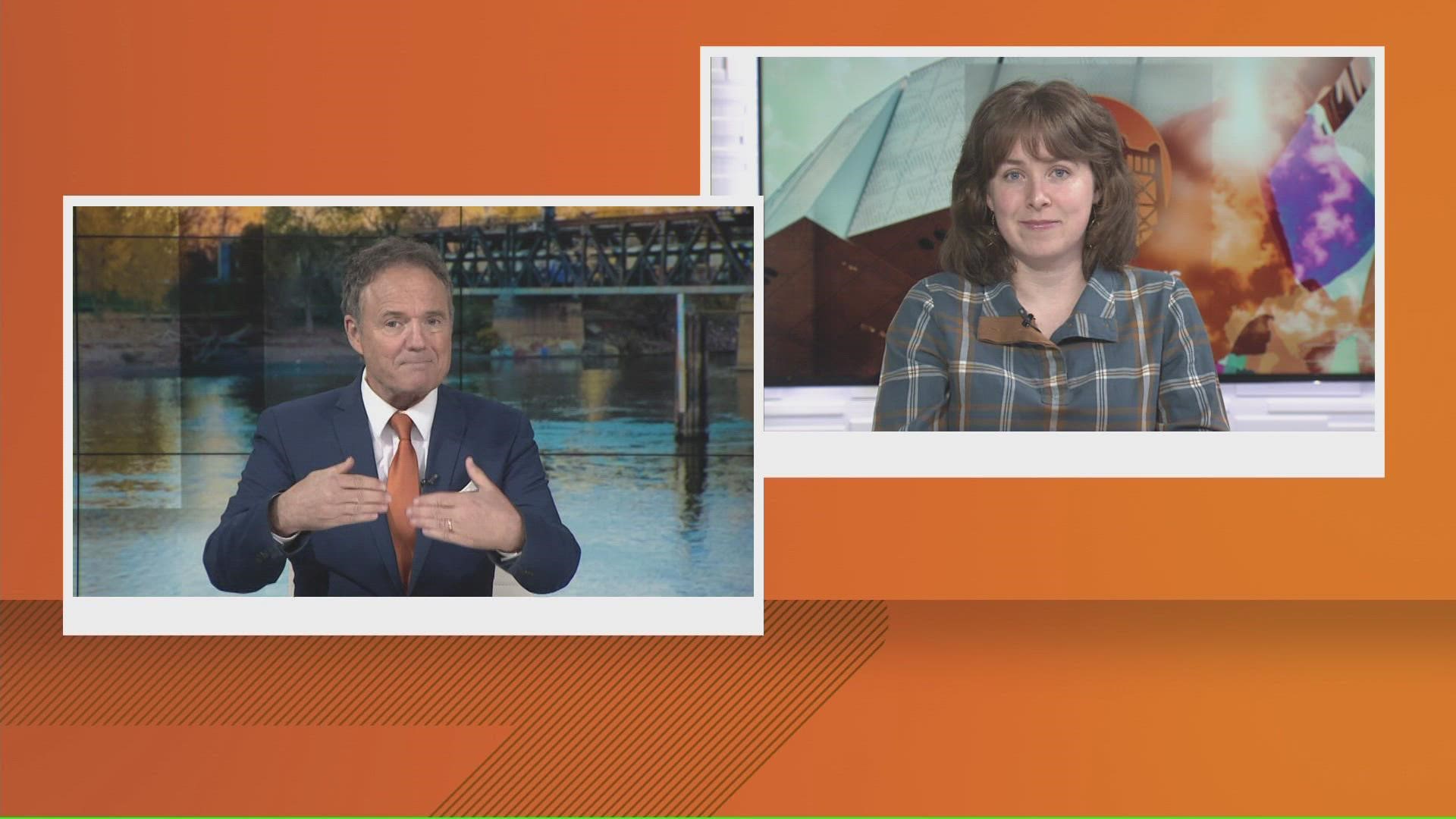CALIFORNIA, USA — More than a month after Gov. Gavin Newsom’s administration delayed a workplace indoor heat rule because it might be too expensive for the state prison system, state officials are refusing to release records showing how they made that decision.
The Department of Finance said today it’s withholding records of any cost estimates it has conducted over the proposed workplace rule or received from other state agencies, plus communications between prison and finance officials over those costs.
CalMatters requested those documents under the state’s public records law on March 22 after the rule was delayed.
In response, the department said withholding the records is justified under “the Governor’s and Director of Finance’s deliberative process privilege.”
In late March, CalMatters also requested similar records from the Department of Corrections and Rehabilitation, which has blown past an April 26 deadline it set for itself to respond.
The long-awaited indoor heat rule, developed for years by California’s workplace safety agency to try to address the risks of heat illness in indoor workplaces such as warehouses, was widely expected to be approved in March at a meeting of the Occupational Safety and Health Standards Board.
But in an eleventh-hour move the evening before the scheduled vote, the finance department withdrew a required fiscal sign-off after apparently learning that the rule could cost state prisons billions more dollars than the workplace agencies had estimated.
The move infuriated worker advocates, and prompted business advocates to point out no private employers were getting a break from the rule.
Last month, CalOSHA’s deputy chief of health Eric Berg announced the agency plans to revise the proposal to exempt state prisons and local jails so that it can get an official approval before the Standards Board and the rules can go into effect sometime this summer. That process could take several weeks.
The agency also plans to later propose a separate indoor heat rule for workers in correctional facilities.
The prison cost concerns delayed a proposed rule that was already arriving five years past a deadline set by lawmakers, in part because of a lengthy economic impact analysis required by state law. But in public statements in March, neither Finance spokesperson H.D. Palmer nor Corrections spokesperson Albert Lundeen provided a breakdown of estimated costs.
The “deliberative process privilege” is a broad exemption in California public records law allowing officials to withhold records showing how they make decisions.
In the case of the indoor heat rule, the finance department told CalMatters it plans to withhold records “as it relates to decision-making and discussions about litigation, potential budget impacts, the budget, and policy development because the public interest served by not disclosing these records outweighs the public interest served by their disclosure.” The decision was made by senior staff counsel Donna Ferebee.
Current projects to install or upgrade cooling systems at state prisons have come with price tags in the tens or even hundreds of millions of dollars. But it’s still unclear exactly what upgrades Corrections officials believe they must make to comply with a rule that protects prison workers from the heat.
Lorena Gonzalez, head of the California Labor Federation, said she hopes some of those details will become clear when the rule for correctional workers is proposed and undergoes its own public hearings and fiscal analysis.
“We do believe there has to be transparency; it was always unclear about what the cost was,” she told CalMatters today. “We believe the rulemaking process should begin on that … But we are insistent that rules are in place for everybody except Corrections by summer.”
This article was originally published by CalMatters.
WATCH ALSO:





















